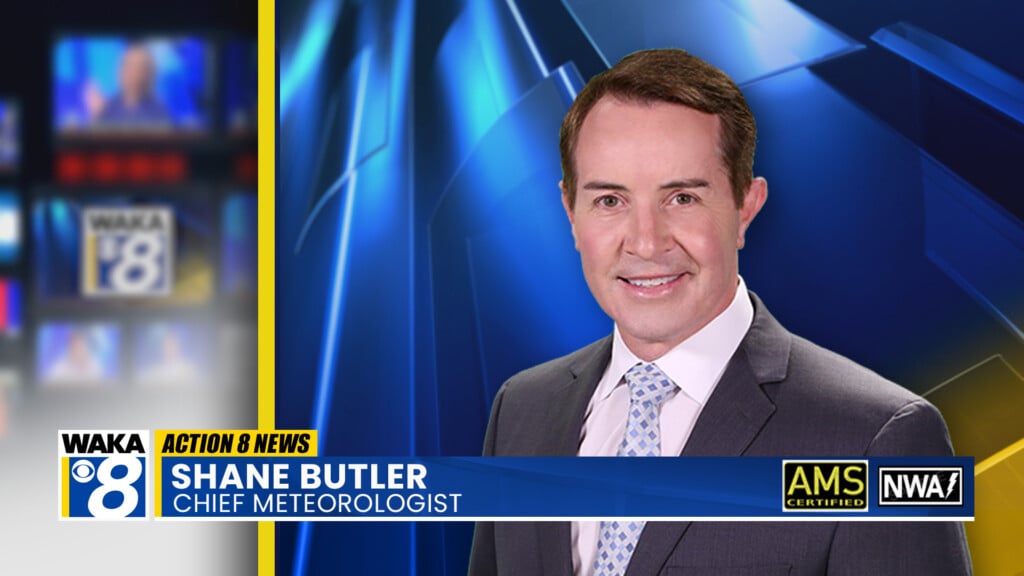Hog Wild: The Fight Against Feral Pigs in Alabama
Josh Ninke uncovers the problem Alabama farmers and property owners are having with feral pigs.
It’s been a problem for years, but now the state is taking notice.
But it might be too little too late.
This might be all the warning you get that feral hogs are on your property. It can be a rude awakening that costs a lot of money.
Pretty much all over the whole state now. There are only two kinds of landowners with respect to feral hogs, and that’s the folks that have them and the folks that are gonna have them.
State Agriculture Commissioner John McMillan has watched as these animals move in and devastate farmland.
I’d say it’s gotten progressively worse around the state over the last 20 years.The cost for individual farmers can reach into the millions. Feral hogs can move in over night and rut up entire fields.
Part of the problem is how quickly they breed.
McMillan isn’t the only one who’s taken notice.
Wildlife biologist Brian Giles has been tracking their population for years.
Primarily their explosion is due to their prolific nature. They’re very effective breeders. Start being sexually mature as soon as six months old, so really young. They can have up to two litters a year and those litters can range from three to eight piglets a litter.
Giles says while these aren’t your friendly pigs from down on the farm, they aren’t too far away either.
They’re actually, they’ve been here for a while but they’re not native. They came here from the early settlers and explorers, so as early as the 1500’s. They’re really adaptable and that’s kind of led to their established populations here in the southeast.
So what’s the solution?
Trapping is your first best option.
Barry Estes runs Alabama Hog Control, a company devoted to decimating the feral hog population in the state.
And he carries some of his tools with him wherever he goes.
All the sudden my phone blows up and I’ve got 18 pigs in a trap in Clarke County. I just type in the code, drop the gate, and I caught pigs.
As you can see, they know they’ve been caught and try to do anything they can to get out.
Estes invited me out to one of his traps in Wilcox county to see just how it all works.
It’s a guillotine style gate that just drops straight down. We have six 16 foot panels. i couldn’t climb over it and the pigs sure can’t either.
You come in, build the corral, this one right here. We built it on a Saturday morning and we caught pigs in it that night.
Estes says the record for most pigs in one trap in Alabama is 51. They were caught up North near Cullman.
The feed is nothing more than deer corn. Hunters get the hogs used to the food source and catch as many as they can at once. It all goes back to how quickly these animals can breed.
Let’s say she’s got 8 piggletss and they all go in but you don’t get catch her. Well the next time she has a litter she just repopulated. But if you’ll catch her at the same time there’s nobody left to repopulate that sounder so you’re starting to make a difference when you catch the whole sounder and that’s the theory.
But after the trapping option is exhausted, Estes still has to get out and hunt down some of these animals one by one.
People are learning. They are learning that they are going to have to address the feral hog issue. It’s just part of anything else. You do maintenance on your tractors, you fertilize, you address the pigs. If you don’t, they’re gonna kick you in the teeth.
And that kick can be pretty hard. These pigs can pack quite a punch, weighing in an average of about 150 pounds, even touting tusks measuring several inches.
The biggest one we’ve killed was 375 pounds.
So with operations like Estes across the state, is it enough? Or are we looking at a problem that just won’t go away?
It’s going to be a continuous fight unless we are really fortunate enough to have some major breakthroughs. Even with research with things like contraceptives for example, it’s an ingested contraceptive. That takes years to get it approved by all the different agencies that have to sign off on something like that. So it’s not a short term issue. It’s something we’re going to have to live with.
Last year the city of Montgomery hosted a national symposium on feral hogs.
The next meeting will be in Myrtle Beach in 2016.






